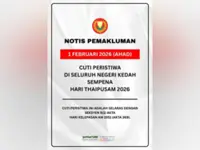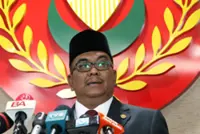PETALING JAYA: A controversial plan by the Kedah Mentri Besar to convert 20% of padi land in the state could see Malaysia having to import an extra 306,000 tonnes of rice each year.
It will also displace about 11,400 farmers who would lose their source of income, contradicting the state’s plan to increase the income of ordinary Kedahans, say food and agriculture experts.





